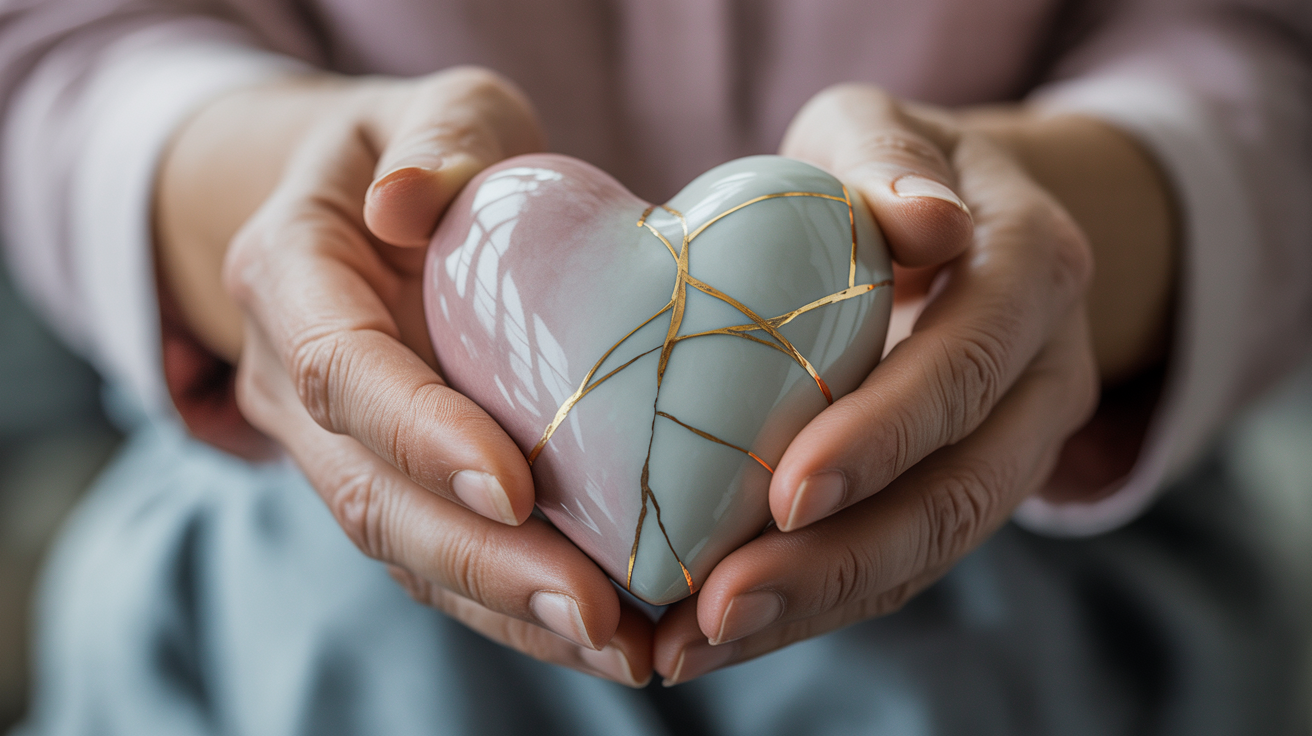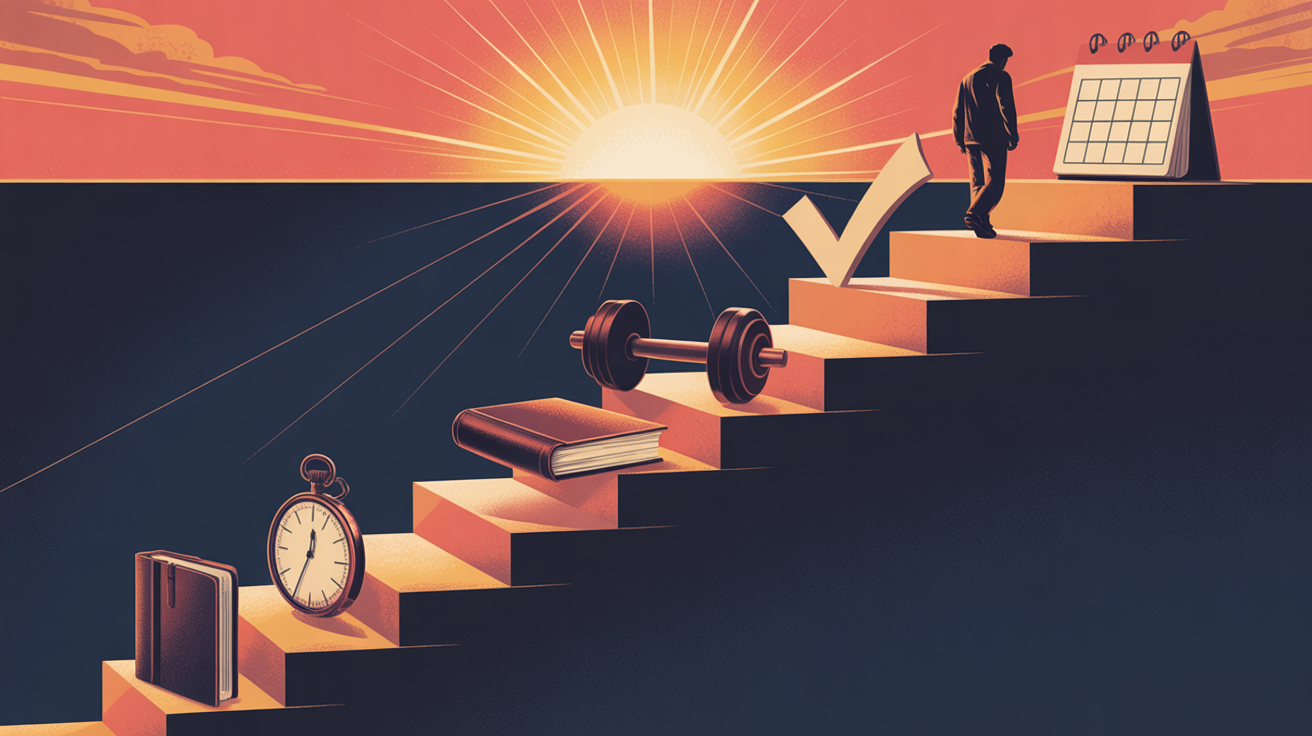
How to Use Self Reflection to Know Yourself Better
How well do you actually know yourself? Not the version of you that others see, or the one you present on social media, but the real you—with all your contradictions, dreams, fears, and hidden motivations?
Most people spend more time researching their next vacation than exploring their own inner landscape. Yet self-knowledge is the foundation of every meaningful decision, relationship, and life change you’ll ever make. Without it, you’re essentially navigating life with a broken compass, making choices based on others’ expectations rather than your authentic desires.
Research from Harvard Business School shows that people who engage in regular self-reflection are 23% more effective in their roles and report significantly higher life satisfaction. The journey inward isn’t just philosophical luxury—it’s practical wisdom that transforms how you live, work, and relate to others.
What Self-Reflection Actually Means
Self-reflection is the intentional practice of examining your thoughts, emotions, behaviors, and motivations with curious, non-judgmental awareness. It’s like becoming a compassionate scientist studying the most complex subject you’ll ever encounter: yourself.
Unlike rumination, which involves repetitive, often negative thinking patterns, true self-reflection is purposeful and constructive. Dr. Tasha Eurich, organizational psychologist and author of “Insight,” distinguishes between two types of self-awareness: internal (understanding your own thoughts and feelings) and external (understanding how others perceive you).
Effective self-reflection combines both perspectives, helping you see yourself clearly from multiple angles. It’s not about achieving perfect self-knowledge—an impossible goal—but about developing an ongoing relationship with your inner world that grows richer over time.
The practice involves stepping back from the constant stream of daily activities to ask deeper questions: Why did I react that way? What patterns keep showing up in my life? What truly matters to me, and am I living accordingly?
The Core Components of Meaningful Self-Reflection
Deep self-reflection encompasses several interconnected dimensions that together create a complete picture of who you are.
Values and Beliefs: These are your fundamental principles and assumptions about life. They drive your decisions, often unconsciously, and understanding them helps you make choices aligned with your authentic self rather than external pressures.
Emotional Patterns: This involves recognizing your typical emotional responses, what triggers them, and how they influence your behavior. Understanding your emotional landscape helps you respond rather than react to challenging situations.
Strengths and Growth Areas: Honest assessment of your capabilities, talents, and areas for development. This isn’t about harsh self-criticism but realistic self-awareness that informs personal growth strategies.
Relationship Dynamics: Examining how you connect with others, what patterns emerge in your relationships, and how your behavior affects those around you. This external awareness complements your internal understanding.
Life Patterns and Themes: Looking at recurring themes in your life—the challenges you face repeatedly, the opportunities you create or avoid, and the stories you tell yourself about who you are.
Purpose and Meaning: Exploring what gives your life significance, what you’re called to contribute, and how you want to be remembered. This dimension connects your daily choices to your larger life vision.
Why Self-Reflection Is Essential for Personal Growth
In our externally focused culture, self-reflection might seem selfish or indulgent. The opposite is true—self-awareness is one of the most generous gifts you can give yourself and others.
Enhanced Decision-Making: When you understand your values, motivations, and patterns, you make choices that truly serve you rather than defaulting to autopilot responses. This leads to greater life satisfaction and fewer regrets.
Improved Relationships: Self-aware people communicate more effectively because they understand their own triggers and can take responsibility for their emotional responses. They’re also better at recognizing and respecting others’ boundaries.
Increased Emotional Regulation: Understanding your emotional patterns helps you manage difficult feelings more skillfully. Instead of being overwhelmed by emotions, you can observe them with curiosity and choose how to respond.
Career Clarity: Self-reflection reveals your strengths, passions, and values, helping you pursue work that feels meaningful rather than just secure. People who know themselves well are more likely to find fulfilling careers.
Reduced Anxiety and Stress: Many anxious thoughts stem from unclear values or unexamined assumptions. Self-reflection helps you identify what’s actually important versus what you think should be important, reducing unnecessary stress.
Personal Authenticity: Perhaps most importantly, self-reflection helps you live more authentically—making choices based on your true desires rather than others’ expectations or social conditioning.
Common Obstacles to Honest Self-Reflection
Despite its benefits, many people struggle with consistent self-reflection. Understanding these barriers helps you navigate them more effectively.
Fear of What You’ll Discover: Sometimes we avoid looking inward because we’re afraid of finding uncomfortable truths—unfulfilled potential, unhealed wounds, or aspects of ourselves we’d rather ignore. This fear keeps us stuck in patterns that no longer serve us.
Lack of Structure or Direction: Many people don’t know how to reflect effectively. They might sit with their thoughts but without frameworks or questions to guide deeper exploration, leading to surface-level insights or circular thinking.
Judgment and Self-Criticism: When self-reflection becomes self-attack, people naturally avoid it. The inner critic can hijack the process, turning exploration into harsh evaluation that feels punishing rather than illuminating.
Time and Priority Challenges: In our busy culture, reflection often feels like a luxury we can’t afford. Yet the busier your life, the more you need this practice to ensure you’re moving in the right direction.
Overwhelm and Analysis Paralysis: Some people get lost in endless self-analysis without taking action on their insights. The goal isn’t perfect understanding but practical wisdom that improves your life.
Cultural Conditioning: Many cultures emphasize achievement and external validation over inner awareness. This conditioning can make self-reflection feel unfamiliar or uncomfortable initially.
Essential Tools and Frameworks for Self-Reflection
Several proven methods can deepen and structure your self-reflection practice, making it more effective and sustainable.
Journaling Techniques: Free-writing, gratitude journals, and prompted reflection create space for insights to emerge. Writing by hand often accesses different parts of the brain than typing, leading to unexpected discoveries.
The Personal Values Assessment: List your top 10 values, then narrow them to your top 5. Notice which ones actually guide your decisions versus which ones you think should be important.
The Life Wheel Exercise: Draw a circle divided into 8 sections representing different life areas (career, relationships, health, personal growth, etc.). Rate your satisfaction in each area to identify imbalances.
Pattern Recognition Practices: Look for recurring themes in your life—the same types of conflicts, opportunities, or challenges that appear repeatedly. These patterns often reveal unconscious beliefs or unhealed aspects.
Future Self Visualization: Imagine yourself 5-10 years from now living your ideal life. What values are you expressing? What relationships do you have? What work are you doing? This exercise reveals your deeper aspirations.
Regular Check-in Questions: Develop a set of go-to questions like “What am I learning about myself?” “What patterns am I noticing?” and “What do I need right now?” Use these during weekly or monthly reflection sessions.
A Practical Guide to Effective Self-Reflection
Developing a sustainable self-reflection practice requires intention, structure, and patience. Here’s how to build this life-changing habit.
Step 1: Create Sacred Space and Time
Designate specific times for reflection—perhaps 15 minutes each Sunday morning or 10 minutes before bed. Choose a quiet space where you won’t be interrupted, and create a sense of ritual that signals this time is important.
Turn off devices, light a candle, or make tea. This isn’t just practical; it’s symbolic, telling your subconscious that this inner work matters.
Step 2: Start with Gentle Curiosity
Approach self-reflection with the attitude of a friendly researcher rather than a harsh judge. Ask questions like “I wonder why I reacted that way?” instead of “Why am I so stupid?”
Begin with easier topics before diving into challenging areas. You might start by reflecting on what brought you joy this week or what you’re learning about yourself lately.
Step 3: Use Structured Frameworks
Random self-reflection can become rumination or self-criticism. Use proven frameworks to guide your exploration:
- The What, So What, Now What Model: What happened? Why does it matter? What will I do differently?
- The 3-2-1 Reflection: 3 things that went well, 2 things you learned, 1 thing you’ll change
- Values-Based Review: How did your actions this week align with your stated values?
Step 4: Balance Introspection with External Perspective
Ask trusted friends or mentors for feedback about your blind spots. Sometimes others see patterns we can’t recognize in ourselves. Combine this external input with your internal observations for a complete picture.
Step 5: Take Action on Your Insights
Self-reflection without action becomes self-indulgence. After each reflection session, identify one specific thing you’ll do differently based on what you’ve learned. This might be setting a boundary, having a difficult conversation, or changing a habit.
Track these actions and their results to see how self-reflection translates into real-life improvements.
Your Journey to Self-Knowledge Starts Now
Self-reflection isn’t a destination but a lifelong practice of coming home to yourself. The goal isn’t to achieve perfect self-knowledge—an impossible standard—but to develop an ongoing, compassionate relationship with your inner world.
Start small and be consistent. Choose one reflection technique that resonates with you and commit to practicing it for a week. Notice what you discover about yourself, without judgment or pressure to change immediately.
Remember, self-knowledge is both a gift you give yourself and a service you provide to others. When you know yourself deeply, you show up more authentically in relationships, make decisions aligned with your values, and contribute your unique gifts to the world.
The most important conversation you’ll ever have is the one with yourself. That conversation begins with a single moment of honest reflection—and that moment can be right now. Set aside 10 minutes today to ask yourself one simple question: “What am I learning about myself lately?” Your authentic life is waiting for you to discover it.






